The Investment Is There. The Returns Aren't.
Enterprises across the UK and Netherlands are betting heavily on AI. Our research shows 90% of major UK businesses are accelerating their AI investments. The average large enterprise now spends £39.2m annually on AI initiatives in the UK, with Dutch enterprises averaging £39.53m.
This should translate to competitive advantage, operational efficiency, and measurable business impact.
It doesn't.
Half of these projects fail to meet expectations. When you calculate the total AI spend across UK enterprises, that's potentially £33bn in failed investments annually, with over £33bn of the £66.1bn spent on external consultancies producing limited or no return. The pattern repeats across the Netherlands, where AI investment has increased 22.61% year-over-year, yet similar failure rates persist.
The Measurement Gap
The problem isn't ambition. It's definition.
Only 45% of AI projects have metrics set from the start. That means for more than half of all initiatives, success is undefined until after implementation, when it's too late to course-correct.
Without measurement frameworks established upfront, projects drift. "Proof of concept" becomes permanent status. Pilots multiply but never reach production. Teams celebrate technical achievements while business value remains elusive.
The most telling finding from our research: 30% of respondents identified being "too focused on technology over business outcomes" as the primary reason AI projects fail. This challenge is consistent across both UK (28.9% year-over-year AI investment increase) and Netherlands (22.61% increase) markets.
This isn't a technology problem. It's a value definition problem.
What Measurable Value Actually Means
Measurable AI value requires three things before any implementation begins:
1. Clear Business Outcomes
Not "improve customer service" but "reduce average handling time by 25% while maintaining satisfaction scores above 4.2/5."
Not "optimise supply chain" but "decrease inventory holding costs by 15% without increasing stockout incidents."
Vague objectives produce vague results.
2. Baseline Metrics
You can't measure improvement without knowing current state. Yet many enterprises rush into AI implementation without documenting existing performance.
If you don't know your current customer acquisition cost, conversion rates, or operational efficiency metrics, you can't demonstrate AI's impact on them.
3. Attribution Models
AI rarely operates in isolation. When multiple initiatives run concurrently, how do you isolate AI's contribution to outcomes?
Robust measurement requires clear attribution frameworks that separate AI impact from other variables like seasonal trends, market conditions, or parallel improvement programs.
The Scale of the Problem
For enterprises spending over £100m on technology annually, the stakes are even higher. These organisations average £53.08m on AI projects in the UK, with £11.30m going to external consultants. Notably, these biggest spenders are accelerating fastest, with the Netherlands seeing 30.19% year-over-year increases among enterprises in this category.
That's more than many mid-sized enterprises spend on all technology combined.
When measurement frameworks are absent, this spend becomes a leap of faith. Finance teams approve budgets based on promised value that can't be verified. Project teams optimize for technical metrics (model accuracy, processing speed) rather than business metrics (revenue impact, cost reduction, customer satisfaction).
Across both UK and Dutch markets, consulting spend represents approximately 21% of total AI investment. Without proper measurement, this translates to billions in fees disconnected from demonstrable outcomes.
Why Traditional Consulting Hasn't Solved This
Legacy consultancies have contributed to the measurement gap rather than closing it.
The billable hours model creates perverse incentives. Extended engagements increase revenue. Vague success criteria prevent uncomfortable accountability conversations. Large teams justify higher fees regardless of value delivered.
When only 45% of projects have metrics defined from the start, it suggests consultants aren't insisting on measurement frameworks because doing so might expose the gap between promised and delivered value.
What Changes When Measurement Comes First
When value measurement is non-negotiable from day one, everything shifts:
Projects get smaller and more focused. Broad AI transformation initiatives become targeted interventions with specific, measurable objectives.
Timelines compress. Without clear success metrics, projects can drift indefinitely. With them, there's urgency to prove value or pivot. (Our research shows the average time to value is 5.92 months in the UK and 6.4 months in the Netherlands.)
Technology choices improve. When you're optimising for business outcomes rather than technical sophistication, you select tools that integrate with existing systems and deliver results quickly rather than requiring extensive infrastructure overhauls.
Governance becomes practical. Measuring value requires monitoring AI decisions and their business impact, which naturally creates the transparency and accountability needed for trustworthy AI systems.
The Path Forward
Measurable AI value isn't complex. It's disciplined.
Before any implementation:
Define specific business outcomes
Document current state performance
Establish clear attribution models
Agree on what success looks like quantitatively
During implementation:
Monitor metrics continuously
Adjust when early indicators show drift
Maintain focus on business outcomes over technical achievements
After deployment:
Report actual vs. projected impact
Document lessons for future initiatives
Scale what works, stop what doesn't
This sounds obvious. Yet the fact that only 45% of projects follow this approach suggests it's not standard practice.
A Different Model
At Valliance, we don't start projects without clear value metrics. If a client can't articulate how they'll measure success, we help them define it before any implementation work begins.
This isn't because we're unusually principled. It's because our commercial model depends on it.
When you charge based on value delivered rather than hours logged, measurement becomes essential. You can't invoice for impact you can't quantify.
This aligns incentives properly. We succeed when clients achieve measurable outcomes. Extended timelines and technical complexity that doesn't translate to business value don't benefit us.
The Opportunity
UK and Dutch enterprises are making significant AI investments. The technology is ready. The business case is sound.
What's missing is the measurement discipline that separates successful AI implementation from expensive experimentation.
The multi-billion question isn't whether to invest in AI. It's whether those investments will deliver demonstrable returns.
That answer depends entirely on whether value is measured from the start.
About Valliance
Valliance is an independent, AI-native consultancy that helps enterprises deliver measurable AI value. We operate on outcome-based pricing, charging for results rather than hours. Our team has led AI and transformation initiatives for global brands including Heineken, Nike, Shell, and Vodafone. With offices in London and The Hague, we serve enterprises across the UK and Netherlands.
Learn more: Valliance.ai




















